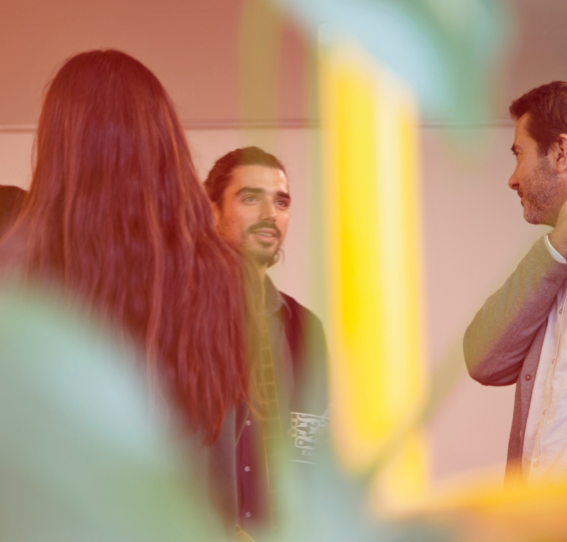The Psychology of Vacation
In this blog, Dr. Marais Bester talks about the psychological benefits of vacation and why it is important for you to take a break.
Share
The significance of having a good vacation every now and then has been proven in numerous psychological studies as rest has major benefits to mental, physical, and emotional well-being. Conservation of resources studies indicate that employees who feel mentally and physically rested experience their work as effortless, are more supportive of colleagues, are more productive, and display other forms of desirable organizational citizenship behavior. Research shows that only one day of vacation yields an average increase in performance ratings of 8%–so resting up and putting fuel back in our tanks is very positive.
However, the research also shows that health and well-being significantly decline in the last week before a holiday because of increased and unrealistic workloads in order to get everything done. Physical challenges within the first few days of vacation are a common problem–this is referred to as ‘transitory stress’ or ‘leisure sickness’ with several studies stating that the start of a holiday period can be spoiled by poor sleep quality, a cold, or general bad mood.
We are not entirely clear on why the phenomenon mentioned above occurs, but psychologists say it has a prominent resemblance to something called ‘immune reconstitution inflammatory syndrome’, which stems from the sudden withdrawal of corticosteroids, (i.e. major stress hormones). In ordinary language, I understand this as meaning that the human body cannot cope with abruptly downshifting from being extremely stressed to being nicely chilled. A stressed human body working at full speed in the weeks prior to a holiday will go into toxic shock from withdrawing from stress too quickly. A smooth transition from being stressed at work to relaxed holiday mode by building in some time to head to the gym, meditate and just relax is thus essential to get the most out of your holiday
The psychological benefits of vacation
Not all breaks have to be extravagant, pricey, and overly structured, as even taking a last-minute weekend trip to a place that provides you with joy will give you a well-needed boost. Studies have shown that a minimal amount of planning for a break is necessary in order to keep the stress away, such as planning your accommodations, travel journey, and who is taking care of your house/pets/kids/work ahead of time. If that is taken care of correctly, there is a strong relationship between energy restoration and happiness with taking a break.
Research shows that only one day of vacation yields an average increase in performance ratings of 8%.
A good holiday is one that makes us happy. But there are differences in the things that people derive enjoyment from. Well-being studies have shown that when on holiday, some individuals derive happiness from meaningful experiences, ones that get you contemplating life. Others obtain happiness, when on holiday, from enjoyable experiences, ones that get you feeling great in the moment.
These holiday experiences can also be clustered into either high-peak or no-valley experiences.
“High peak” holidays are marked by new and novel experiences you will always recall. These breaks deepen your life in some way. At times it could be by learning new things about yourself and the world or making your life and the world around you better. If you are someone who seeks moving or unforgettable experiences, plan a high-peak vacation. Think about traveling for a cause, spending time with locals, helping local enterprises, visiting wildlife conservation, or taking a retreat or art class.
“No valley” holidays are about taking it slow, keeping it low-key, low-stress, and full of enjoyment. While no valley vacations lack the meaningful experiences of a high valley vacation, there are no “low” moments, which optimizes rest. Do you like the concept of keeping it simple, just having fun and being spoiled, even if there is little difference from one day to the next? Contemplate going somewhere or doing something (or nothing) to create more ease in your life, declutter your overloaded mind, escape the demands of life, and play.
Studies reveal some gender differences in preference. Women tend to lean toward significant experiences (high peaks), while men prefer pleasurable ones (no valleys). Yet, everybody needs both experiences and the balance shifts throughout the seasons of life.
Longer holidays (8 days +) provide more opportunities to de-stress and de-clutter our minds. This allows your body and mind to get used to being on vacation once there, take the needed time to relax, and filter out the remaining negative tensions you may be holding from day-to-day life, without overextending yourself and losing the special benefits from the vacation.
It is important that you spend time doing things that you enjoy, going for a walk, laughing often, reflecting, and spending as much time as possible in good company. Have a great holiday!










